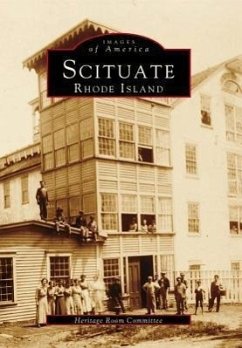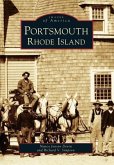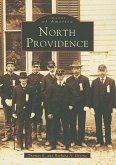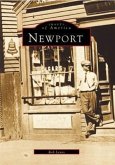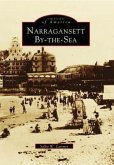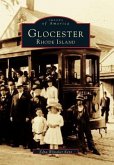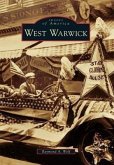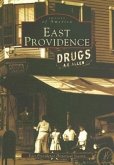Heritage Room committee members Shirley D. Arnold, Eleanor R. Guy, and Ruth S. Rounds tell the story of how Scituate became what it is today. Scituate, Rhode Island, was first inhabited by the Nipmuc and Narragansett Indians. The first white settler, John Mathewson, came in 1694 and found a land of many ponds and streams. More emigrants came from Massachusetts in the early 1700s, and the town was incorporated in 1731. These hard-working settlers made their living from the land, coaxing apples, corn, and potatoes to grow from the hilly and rocky soil. Scituate's plentiful water resources brought manufacturing to the area in 1806, and 16 villages developed around the many mills that were established here. Scituate's abundant water supply also made it the chosen site for a reservoir to provide water for the growing needs of the city of Providence. By 1915, the City of Providence began to condemn by eminent domain over 25 square miles of Scituate's land area. Upon completion in 1926, the reservoir had flooded the villages and changed the way of life for the townspeople forever. The history of these so-called lost villages has not been shown in pictures before.

